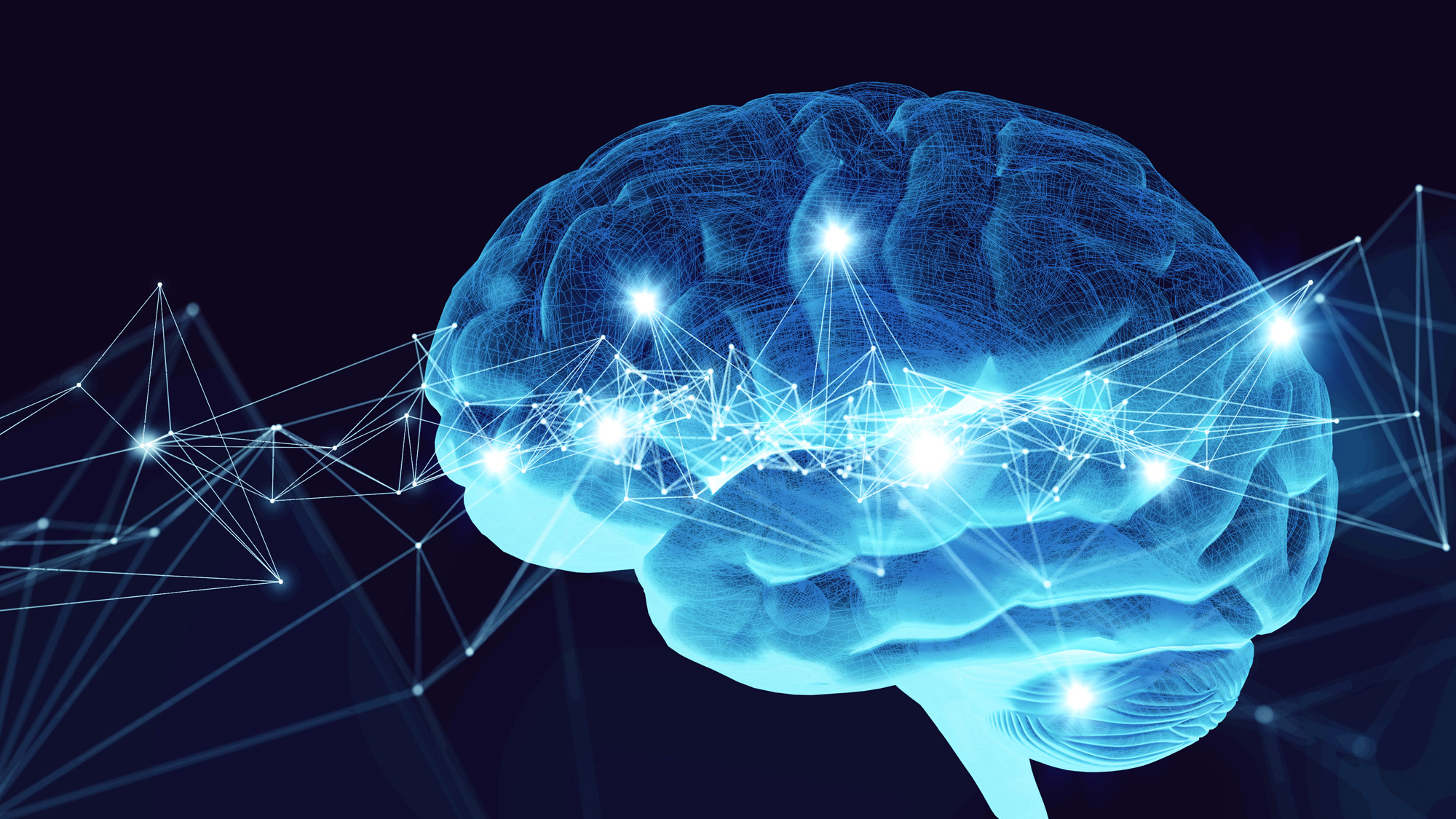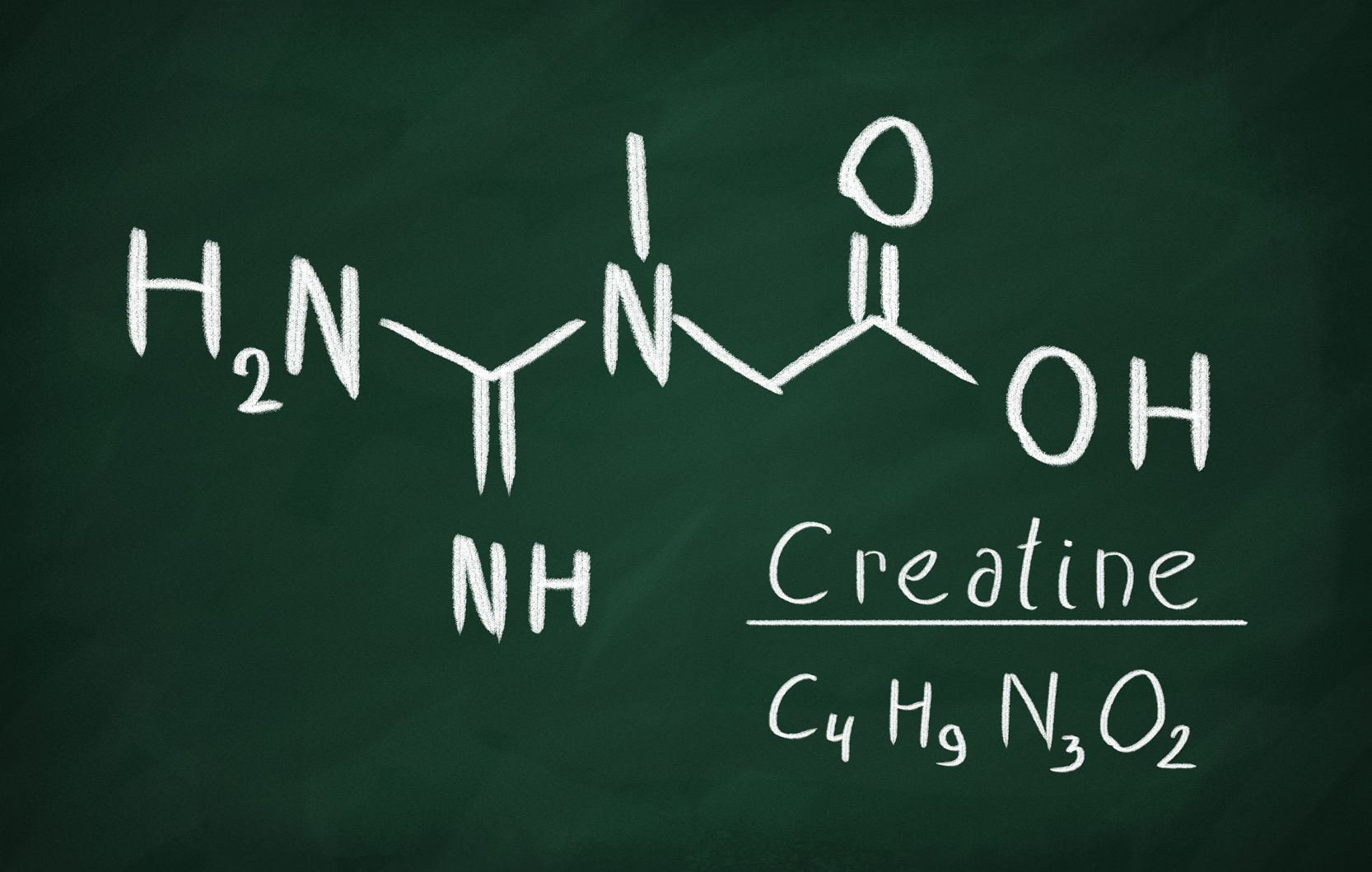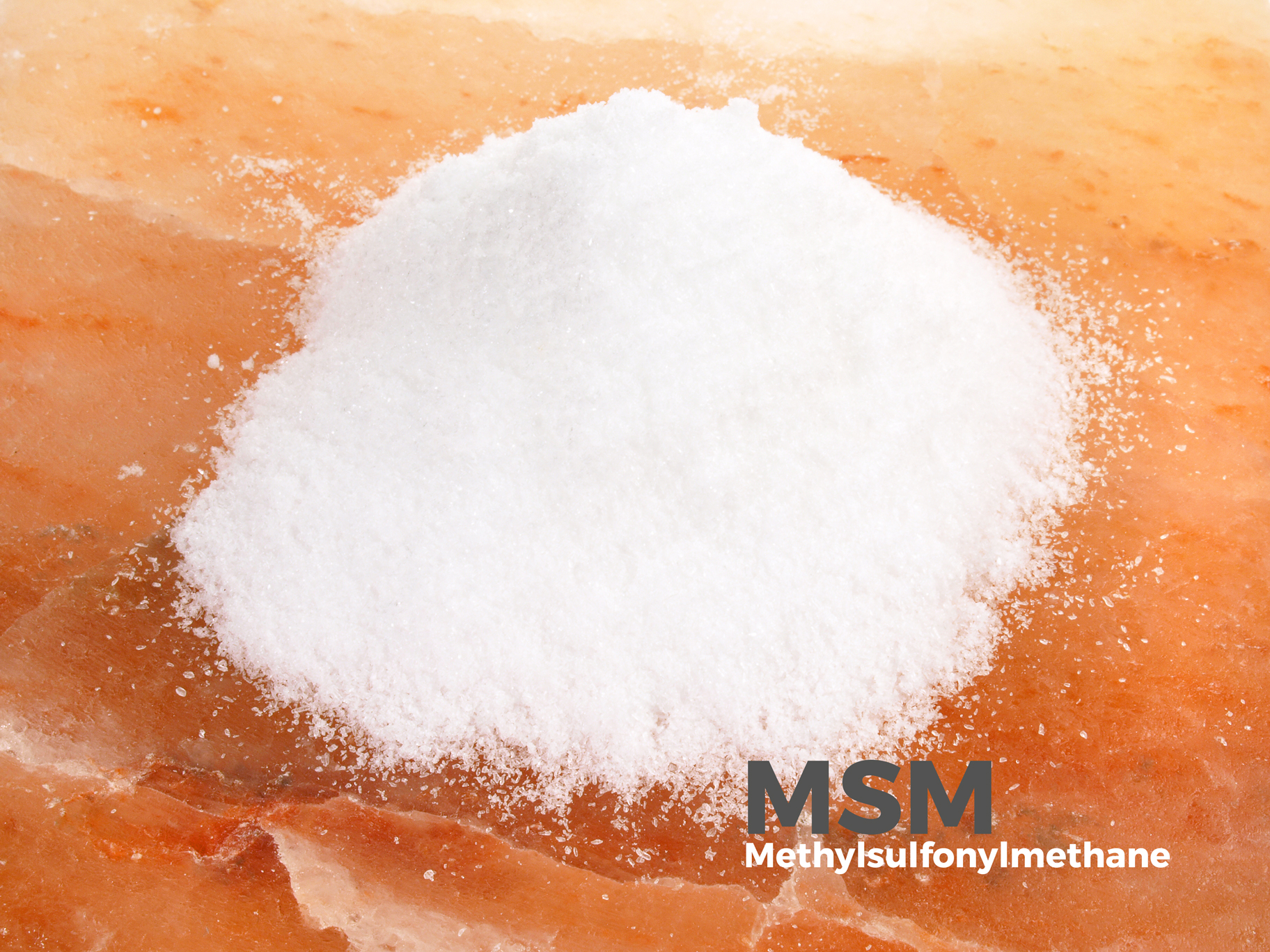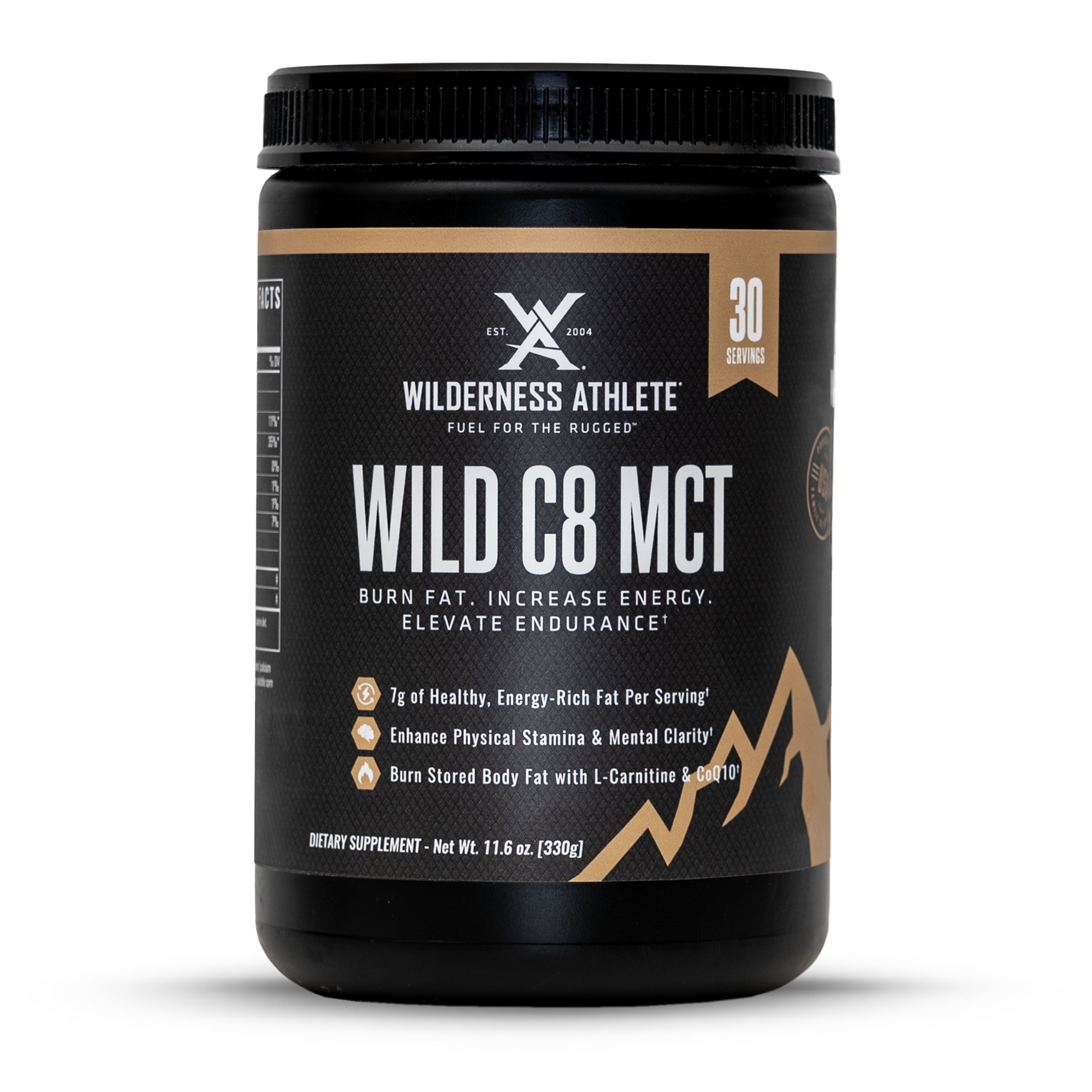I’m mad about fat. Specifically, all the fat I didn’t eat because I thought I was doing the healthy thing. All that bacon unenjoyed. And the butter- unspread! Remember trying to convince yourself that an egg white omelet was just as good as a yolky one? Sigh…I’m not alone of course. For decades health conscious people followed nutritional advice provided by the USDA and the American Heart Association that told us fat would not only make us fat, but would also cause heart attacks and strokes. We trusted that this advice was based on science, and it was- but unfortunately it wasn’t good science.
Over the last decade or so I’ve learned a great deal about this ‘science’, which honestly caused a bit of a mid-profession crisis. I realized the majority of what I had learned in training about how to care for my family and practice medicine was at best insufficient, and at worst actually harmful. Bad feeling! For anyone who wants an excellent summary of nutritional real science, I strongly recommend Dr. Mark Hyman’s book ‘Food, What the Heck Should I Eat?’ He not only goes through the history of ‘how did we end up here?’ (hint, follow the money) but also provides practical advice for choosing actual foods that nourish and heal your body and mind, instead of focusing on macros and micros.

Evidence is now overwhelming that oils derived from vegetables such as canola, soybean, and corn are actually very damaging to the body (yes the ones we were told to use sparingly if we committed the sin of using fat at all, but there I go again!) These oils are inflammatory to our digestive system, for the simple reason that it did not evolve to process them. Early man didn’t even grow these crops, and certainly didn’t try to squeeze oil out of the random ear of wild corn he might find.
Instead, the fattiest parts of animals such as brains and bone marrow were the most desirable (I know- gross, but our ancestors didn’t have the luxury of picking and choosing; they were instinctively doing what they needed to do to stay alive- more on this later.) To make matters worse, these liquid oils are often converted to a form that is solid at room temperature by an industrial process that adds hydrogen, creating solid trans fats.
Most processed and ‘junk’ foods use trans fats, which takes vegetable oils to a whole other level of nasty. If our bodies can’t manage the liquid oils, they certainly can’t process these fake fats! Whenever we introduce ‘fake’ substances into our bodies in levels that overwhelm the mechanisms that exist to manage them (such as blood cells, liver, kidneys, etc) inflammation is the result. When inflammation becomes chronic (which happens much more frequently than commonly realized) the result is just about every chronic disease you can think of, including obesity and mental disorders!

It’s A Ratio Thing
So, the most important thing we can do for our health is to work at cooling that inflammation; eating animal and seed fats help this process. Fats and oils contained in meat (bacon!!) eggs, and dairy are anti-inflammatory, as are oils derived from seeds like avocado, olive and coconut. But- just adding in these healthy fats isn’t close to the whole story. I’ve seen many people frustrated when eating more of these foods doesn’t really make much of a difference in inflammatory markers or conditions.
It’s a ratio thing- nearly everyone knows low carb is the goal, but many people don’t know what that means, and it varies for everyone so finding the right levels can be challenging. In general though, when people start cutting carbs they tend to replace those calories with protein rich, but not necessarily high fat foods.
The bad news is that the body is very adept at quickly turning that protein into- you guessed it- glucose. The whole glucose/insulin resistance topic is a critical and complicated one, but beyond the scope of this article since I’m still working through my fat-anger issues. For now, remember that high levels of glucose in the bloodstream result from the breakdown of carbohydrates and proteins, and are bad news in terms of inflammation. Your body can also burn fat for fuel, but it won’t in the presence of sufficient glucose.
I think of it like this: imagine your metabolism is like a campfire. Glucose is the small kindling sticks that ignite easily, burn immediately, and extinguish quickly. Fat is like the coals underneath that burn slowly and steadily. In the presence of constant glucose in the bloodstream, no coals ever form. Each time the kindling dies out, it has to be replenished right away or no energy is available. This is a model for ‘sugar crashes!’ However, in a system that’s able to burn fat (one term for this is ‘fat adapted’) there’s a slow steady source of energy at the ready. The best part is- if there aren’t enough fats from food available, the body is able to turn very efficiently to its own fat stores for energy. So, contrary to making us fat, eating sufficient fats actually helps to keep us lean!

Change Takes Time
Finding your optimal balance of foods and macros is a process that can take months or even years, but the payback in terms of health and fitness is enormous! For everyone, trying to eat food that is as clean as possible is critical – no additives, preservatives, nitrate free, grass fed, etc. For guidance, again I would suggest the ‘What the Heck Should I Eat?’ book mentioned above, or check out Dr. Hyman’s website or podcast ‘The Doctor’s Farmacy.’ Another wonderful source of information is Shawn Stevenson’s book ‘Eat Smarter’ and his website and podcast ‘The Model Health Show’. There are many more, but these are my two favorites since they use real science coupled with common sense and practical advice- what a concept right?
The information is there if you look, and has been for a while. Yet I am continually amazed at how many people actively resist changing the way they eat, even my fellow professionals! Most of them completely ignore the science and continue to plod along recommending the food pyramid and ‘healthy grains’ (don’t get me started.) Before I continue, I realize I’m running the risk of getting a little preachy here, and sounding like my diet is perfect, which it is certainly not. I admit that for years I rolled my eyes at all the gluten free hype, which didn’t seem as intuitive as avoiding processed sugar and preservatives. But psychiatrists, for all their strangeness, also tend to be a little more comfortable with the ‘fringy’ stuff, and increasingly it became impossible to ignore what I saw in front of me every day, which often contradicted what the studies were saying.
Still, there are many strong, smart, informed people out there who stop short of real buy-in when it comes to the fat and sugar issue, not just because it’s hard to refuse these foods (seriously- donuts?!) but there’s more going on than deliciousness. I think we often try to approach change with only half a brain.
Use Your Whole Brain
Our brains function with two main systems- our human, or conscious brain, which is highly developed (or supposed to be!) and typically what we think of as our brain or mind. What we often forget is our primitive or ‘animal’ brains, those systems we share with even reptiles and birds, and certainly with mammals. This system’s sole function is to keep us alive and it still functions much the same as our earliest ancestor’s brains.
Our animal brain craves high value calories, especially fat, which has more than double the calories per gram than carbohydrates or proteins. If it’s getting sufficient fat, then food is plentiful. For eons, in late summer in the entire universe besides Arizona, fruit (and therefore carbohydrates) become plentiful for a few weeks. The human brain thought, ‘Wow, this peach is delicious and life is good!’ but meanwhile the animal brain hears, ‘Winter is coming and if I don’t pack on the fat I’ll starve, better eat as much of these berries as I can possibly hold!’ Our primitive brains are hard-wired to not only crave dietary fat, but also to aggressively consume as much sugar as possible when it’s available, since carbohydrates are the quickest way to produce body fat.
The problem is obvious- when high levels of carbohydrates are always available, our brains don’t know to stop. If this sounds like addictive behavior, it’s because it absolutely is! In my opinion, failing to admit that we are addicted to carbohydrates is the single biggest reason we struggle with real, long lasting dietary change. Everyone I know (including myself) reacts initially to this thought with defensive excuses…’I don’t really eat that much sugar, I like salty food better, I went without sugar for weeks and I didn’t see any difference…’ This is because those little addicts in our head really believe they (and therefore we) will die if cut off from the source of all things carby. If we forget this and try to approach the problem with only our human brain, our animal brain will perceive the choice as dangerous (‘uh, we’ll starve stupid!) and will win the argument, eventually. Before that primitive brain can shake it’s addiction and resume normal operations, some rehab is in order!

Time For An Intervention
I don’t want it to sound as if I’m minimizing those who are overcoming addictions to drugs or alcohol- I know that whining about not eating garlic cheese knots anymore is pretty lame in comparison. But addiction science has uncovered much about how our brains operate under the chronic and unbalanced influence of any substance, and glucose is no exception.
As with any intervention there is huge resistance at first, but our rational selves can choose to overcome this- choose is the key concept here. Our animal brains interpret our environment and react instinctively- that’s their very important job. But our developed brains can interpret the environment on a much more sophisticated level and make decisions about how to guide our animal brains toward a healthier, more natural level of function. When animal brain is screaming, ‘Idiot! If you don’t eat that cupcake we won’t make it through the winter!’ human brain can respond with ‘Let’s check out this grain free muffin instead.’
Our animal brain sets up a subversive campaign, whispering that we’ll never be able to eat ice cream again, or that these health nuts are annoying and have no friends except equally annoying health nuts. This is addict talk! Once a system is fat adapted and the carb ‘addiction’ is broken, then as foods high in carbs/sugars are consumed only occasionally, the ‘kindling’ can burn off quickly and leave the embers smouldering underneath.
Won’t lie, this process takes much longer than we’d like. We’ve been conditioned to think that we can give a ‘diet’ a few weeks with amazing results (Lose 10 pounds in 10 days! Beach body in six weeks!) The reality is that lasting change is a process, and one where human brain needs to remain fully in control, while still making sure that the needs of our more primitive systems are being met. It’s not unlike working with a toddler (in this case a toddler with a drug problem, good God!) It’s our job to be the adult and rationally formulate a plan that fits with our personality, goals and lifestyle. Then, when toddler brain throws a tantrum because it isn’t getting it’s fix, we can be ready with a rational response that doesn’t encourage the addiction cycle. In other words, bacon = everybody’s happy!





